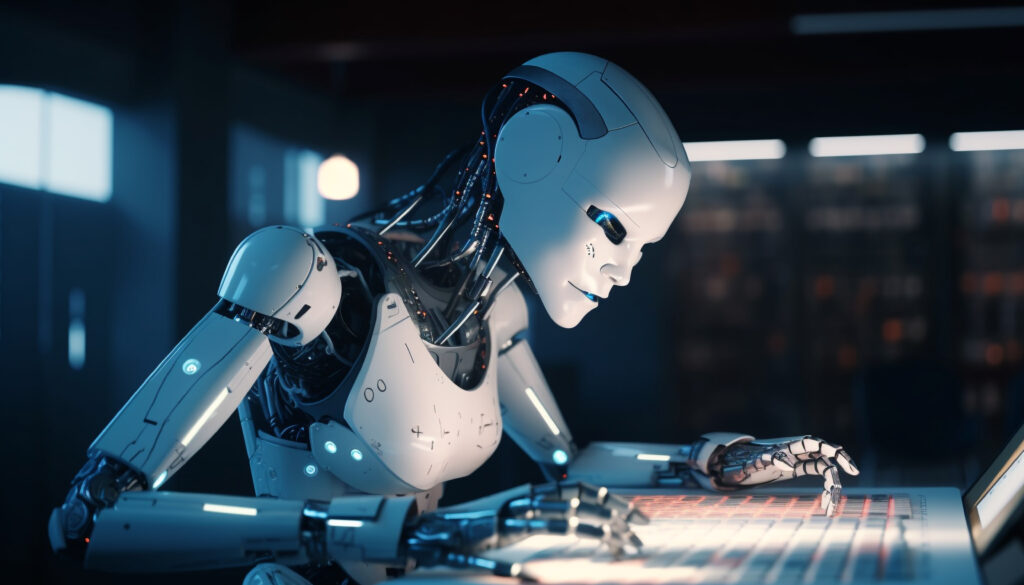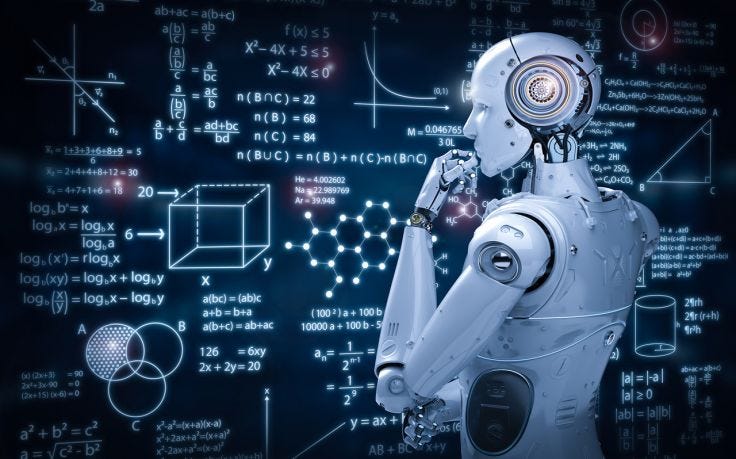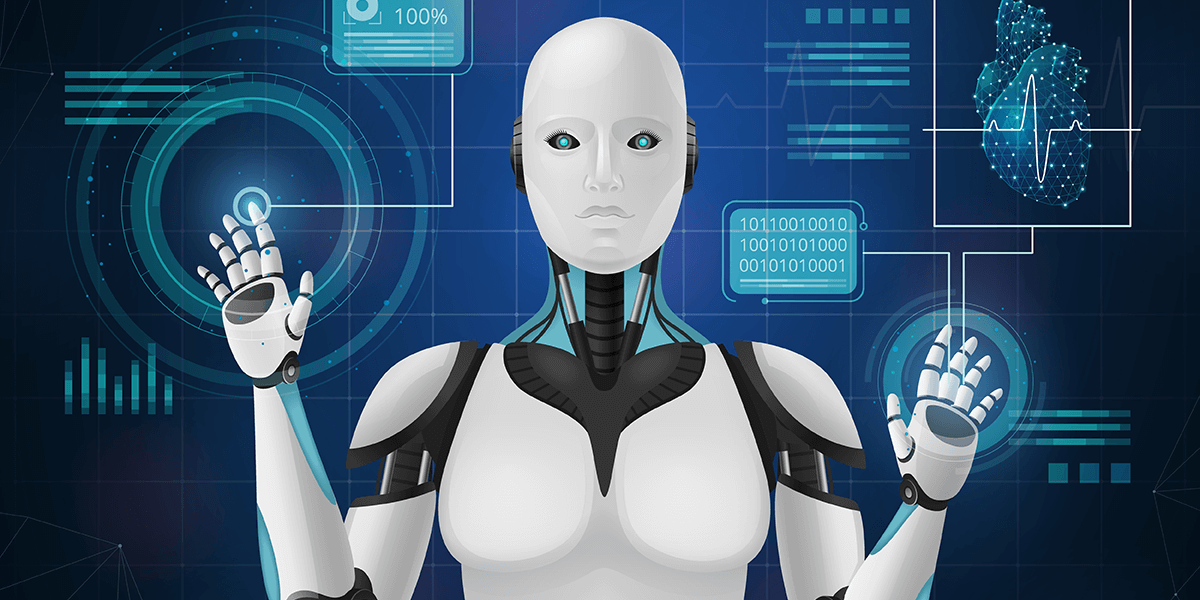Table of Contents
ToggleThe Rise of Artificial Intelligence
From Personal Assistants to Smart Homes: Enhancing Convenience
In the modern world, the Use of Artificial Intelligence has become a seamless part of our everyday life. The system has entirely changed the technological use of lifestyle. For example, we all use virtual assistance provided by Siri and Alexa, and control the home with smart lighting and heating systems. Thus, it is evident that AI’s greatest achievement is bringing the spirit of convenience and efficiency in every home.

AI in Healthcare: Improving Diagnosis and Treatment
According to Kim , artificial intelligence has made its impact in the medical sphere. Nowadays, machine learning is applied to analyze millions of sets of medical data. It greatly assists the physicians and doctors, helping the specialists to identify the disease correctly and fast. The use of AI-powered robotic surgical systems also brought a profound change. As a result of the development of such devices, surgeons can now perform the surgery with the maximum degree of accuracy. In such a way, the risks of trauma to organs or tissues are lowered. There is no doubt that the opportunities for saving the patient’s life have been increased as well.
Transforming Transportation with Autonomous Vehicles
To sum up, the greatest modern achievements are based on the use of artificial intelligence. For the time being, the world was astonished by the development of the cars that could drive on their own. AI-powered algorithms installed in the cars help to drive on the roads, choose the right lanes, interpret the traffic lights, and make the car stop in case of an emergency . In the future, we expect roads to become much safer than now, and the traffic will become less dense. Furthermore, disabled people who cannot drive a car now, will be able to enjoy full access to driving a vehicle.
AI in Education: Personalized Learning Experiences
AI is changing the way students learn and teachers teach. Adaptive learning platforms use AI algorithms to personalize learning materials based on a student’s needs and learning style. Besides, virtual tutors integrated with natural language processing technology help students learn, providing personalized assistance to keep students engaged.

Ethical Considerations and Future Implications
In so many ways artificial intelligence has changed our lives, very noticeably how we work, communicate and interact with the world around us. Whether routine tasks or solving complex problems, AI has the ability both to make life easier and change our view of numerous aspects of human life. But∶ it is VITAL to remember that using AI also involves a number of ethically relevant issues. Therefore, utilizing AI in educational settings presents a greatly attractive and effective learning environment.
Conclusion:
However, there are positive aspects to incorporating AI into our lives as well as ethical concerns such as privacy (when we are not aware of how data is being used), biased decisions taken by machines themselves even job dislocation for some individuals. As AI moves into the mainstream, it is crucial not just for policy makers but also all other participants within the industry to set out regulations on what constitutes producing AI responsibly.
FAQs (Frequently Asked Questions)
1. How does AI impact job markets?
A: Is it true that although AI offers an opportunity to automate mundane jobs, it fails to create decent job opportunities, and drives workers to be left without jobs or chances of promotion?

2. Are there any privacy concerns associated with AI?
A: Yes, the wide application of AI raises some concerns about privacy. It can be explained by the large amounts of personal data used in the creation of highly efficient AI systems . In addition, organizations should ensure the security of the used data and implement the necessary measures for the protection of sensitive information.
3. How can we ensure that AI is developed and deployed ethically?
A: It is important for policymakers, industry leaders, and researchers to work together to establish guidelines and regulations and ensure that the development and deployment of artificial intelligence are ethical. Moreover, the incorporation of the “principles of transparency, fairness, and accountability” in developing AI can reduce the risks and ensure the technology is better.
4. What role can individuals play in shaping the future of AI?
A: Well, I believe that people are critical in determining the future of AI. We should regularly check new technologies and the problems that arise to provide smooth, safe and productive operations. Individuals should instigate the consequent discussion, as ethical issues are impossible to resolve without dialogue.
